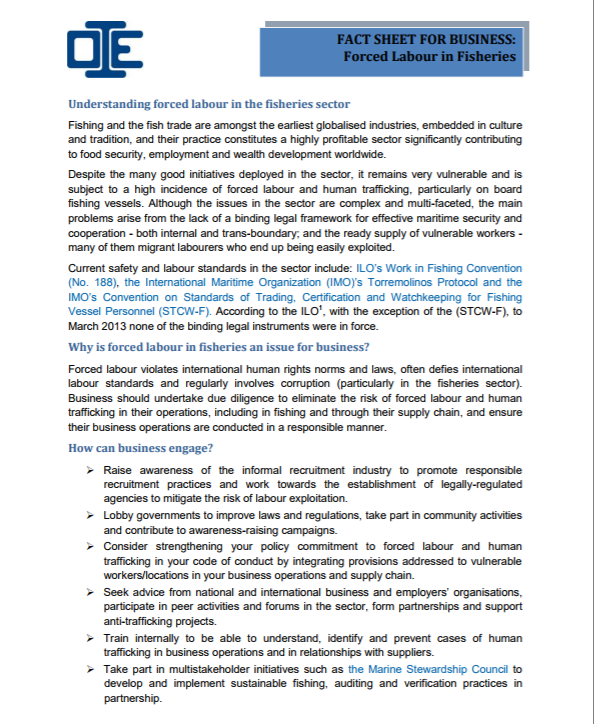Independent Anti-Slavery Commissioner: Annual Report 2021-2022
GuidanceThis is my third and final annual report as the Independent Anti-Slavery Commissioner. This review accounts for my work, and that of my small team, in support of the objectives set in my Strategic Plan 2019-2021 which was laid before Parliament b...Read More

